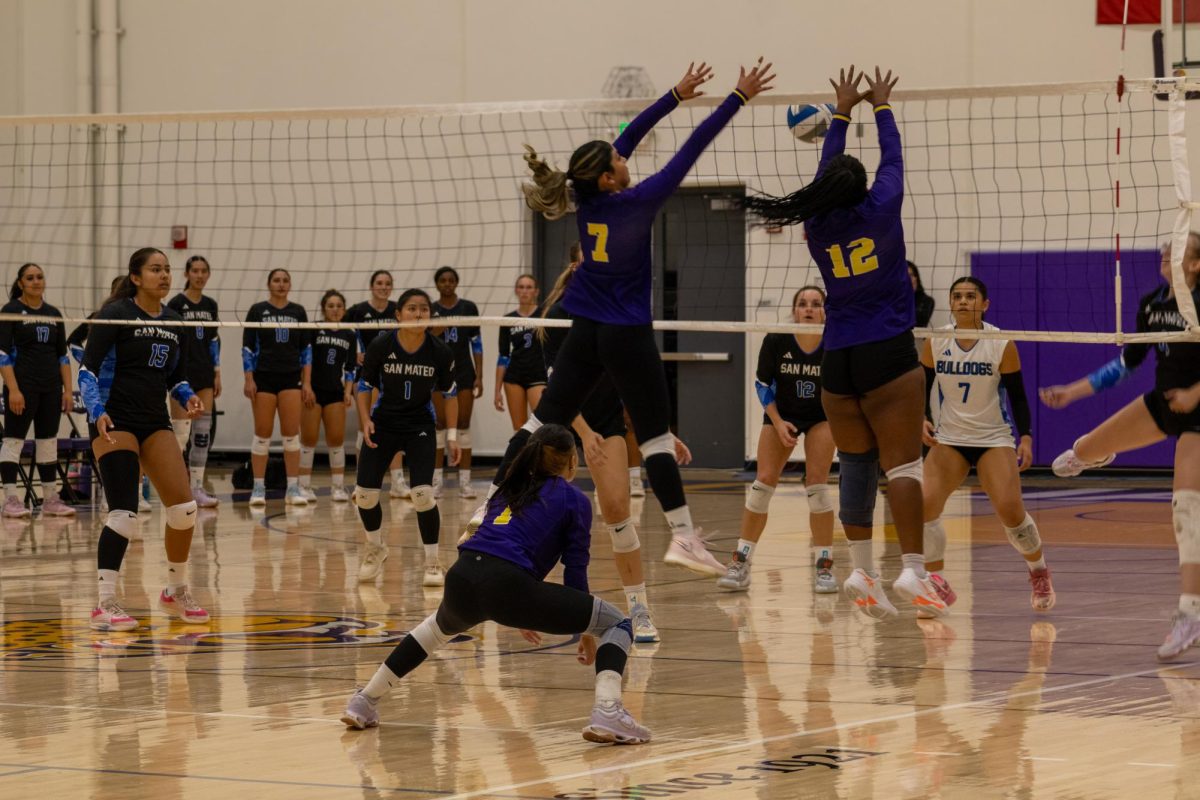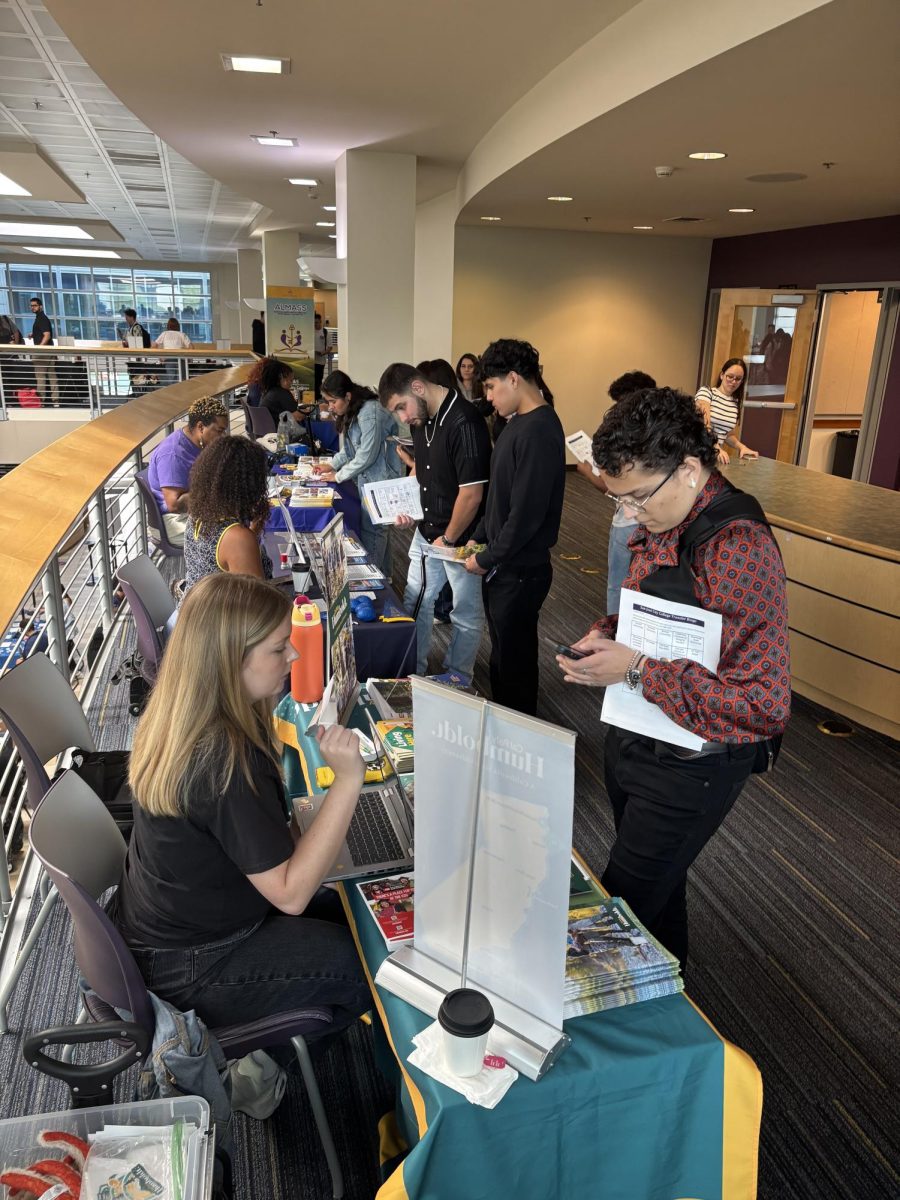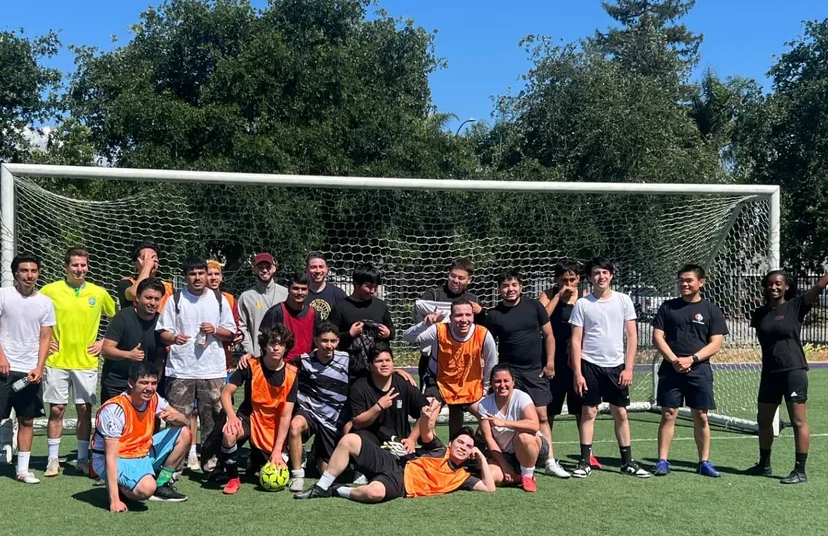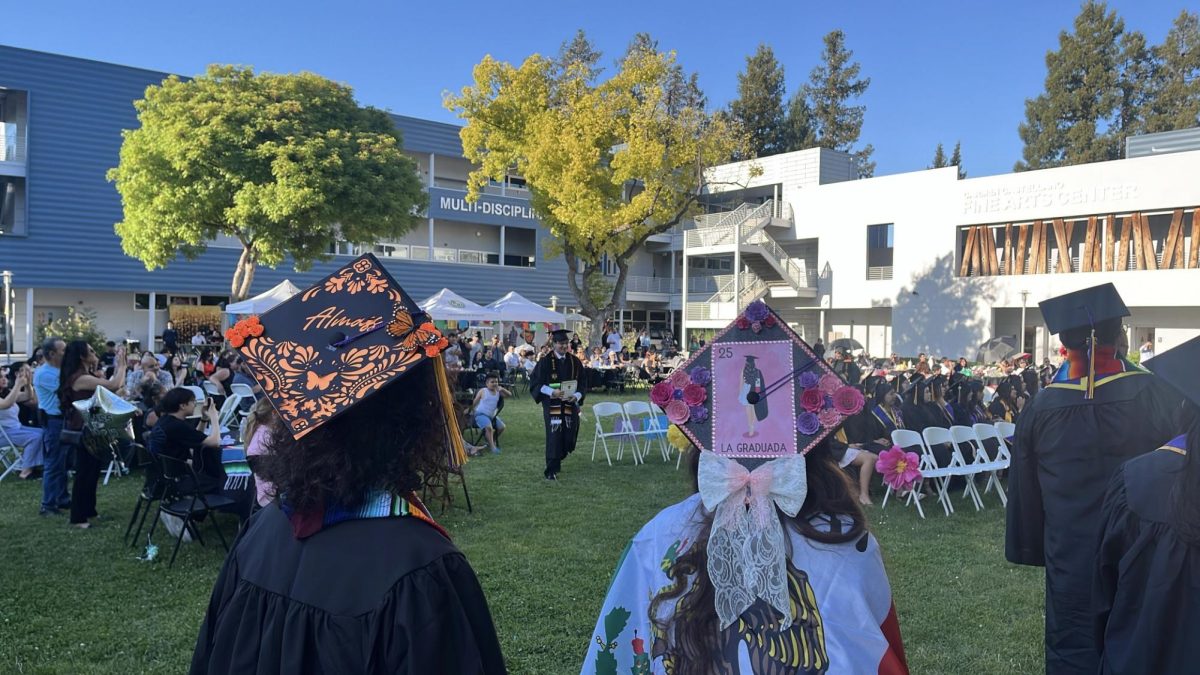People have become more reliant on technology in order to do tasks or to talk to people during the COVID-19 pandemic.
The transition to online communication hasn’t been easy for everyone.
“It’s not enough emotion … not as fulfilling,” said Tiffany Rodriguez-Tran, an outreach/recruitment specialist at SJCC.
She helps students find their path through college and be a resource available to them.
“I can’t see what they’re doing over the screens. Social interaction gives you that sense of personalism that you can’t get over the screen,” Rodriguez-Tran said.
With many schools switching to online education, it has been difficult to help students, especially with different barriers and needs.
“We have become dependent on Zoom, and we forget there are certain limitations,” said Doriann Tran, international counselor/coordinator at SJCC.
Tran works with helping international students transfer and adjust to the environment at SJCC, as well as working behind the scenes with recruiting and informing students.
“It would be nice to have more options so we can alter the way we connect to students,” Tran said.
Shelley Giacalone, a communications professor at SJCC, said there is a reason why the current technologies are not satisfying to everyone.
“The quality of our communication with others determines the quality of our relationships,” Giacalone said. “The Interpersonal Communication class helped several of my students with their personal mental health challenges because the focus of the class is really about improving interpersonal relationships.”
Having stable and strong relationships is very important because it can direct the way the relationship will continue or become, whether the relationship is long distance or not.
“We make sure to have continuous involvement to make sure they (our students) are successful,” said SJCC job development and placement specialist Steven Lee. “When this whole pandemic started (March 2020), my department pulled together to reach out to over 2000 students to assess their needs.”
By communicating with the students, the department was able to discover the concerns of students and provide the best assistance in order for them to be successful.
The U.S. Census Bureau reported in 2018 that 35.7 million of Americans live alone and this number continues to grow.
Studies show living alone can increase individuals to a higher risk of feeling isolated and disconnected.
The feeling of being isolated and disconnected comes from the lack of human contact, which is affecting everyone around the world. Without social interaction, this can lead to serious health risks.
According to the Health Affairs website, “When we lack proximity to trusted others, our brain and body may respond with a state of heightened alert. This can result in increases in blood pressure, stress hormones and inflammatory responses — which if experienced on an ongoing basis can put us at increased risk for a variety of chronic illnesses.”
For people with pre-existing illnesses, social isolation can directly affect their illnesses.
This is important because people with chronic illnesses are considered high risk to the virus because their immune systems are more susceptible to being attacked.
It is important to reach out to the community to share sentiments of worry, anxiety and unease.
“You feel what I’m going through. There’s that sense of shared feeling with the community,” said ESL instructor Huimin McKinlay.
.
Having a community is important because everyone is being affected by this pandemic.
For Chinyere Nwachukwu, a student ambassador at SJCC, she said how she misses the community at SJCC, who has now become her family; but is very grateful for having online communication.
“Until I am able to go out freely and be able to hold and hug my friends again,” Nwachukwu said, “I think online communication is the life saver for us.”
Trang Nguyen, enrolled in JOURN 22 News Writing and Reporting course, was a journalism student at San Jose City College this summer.






